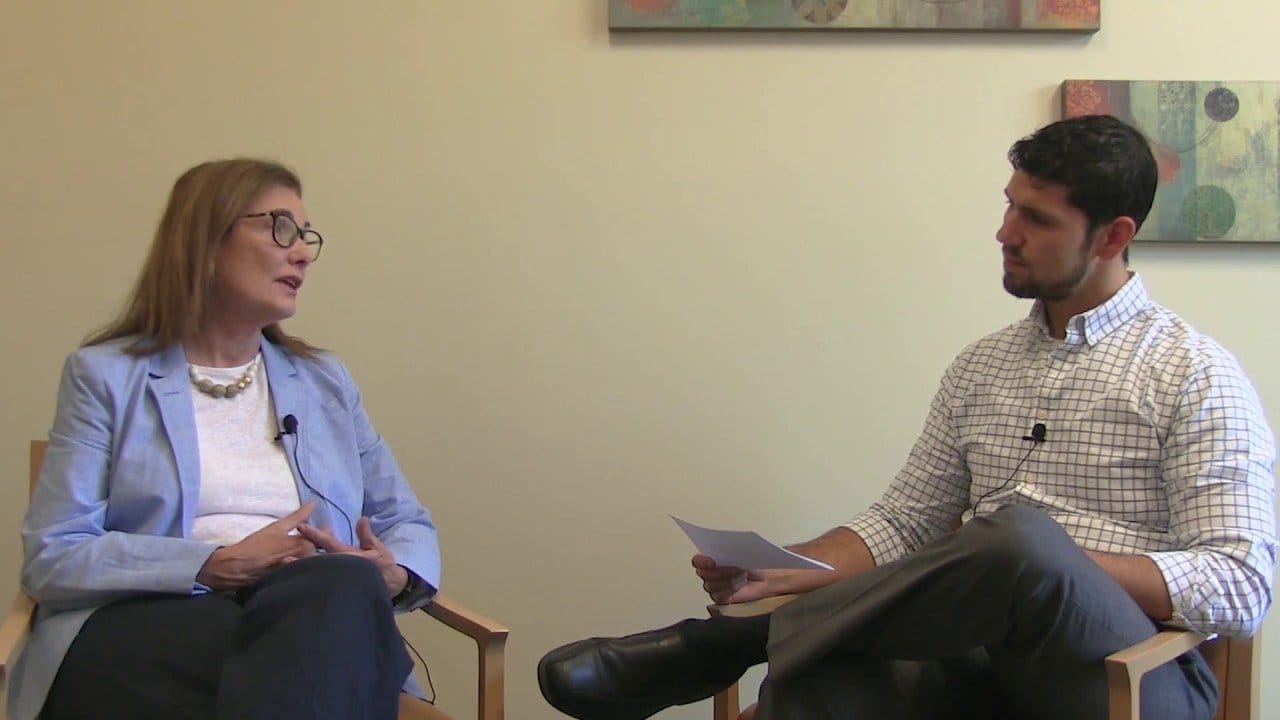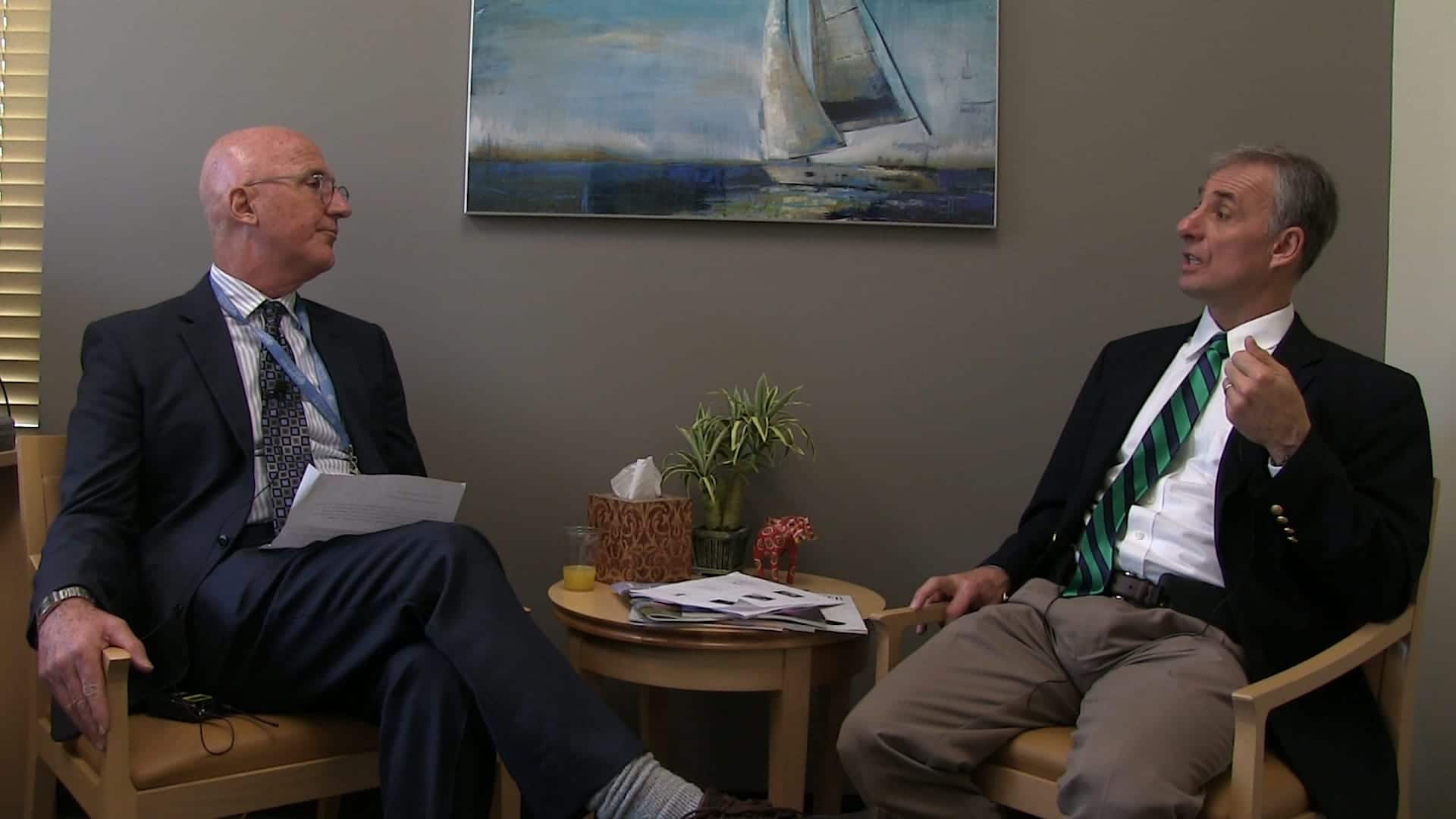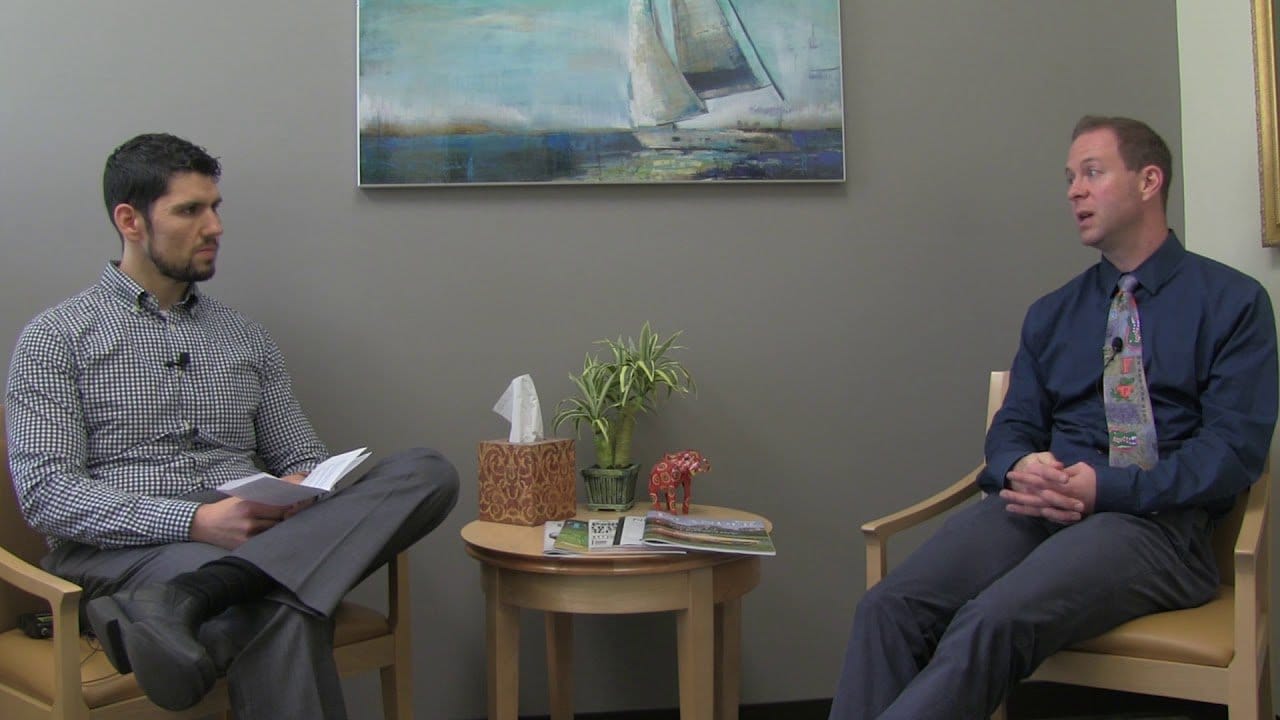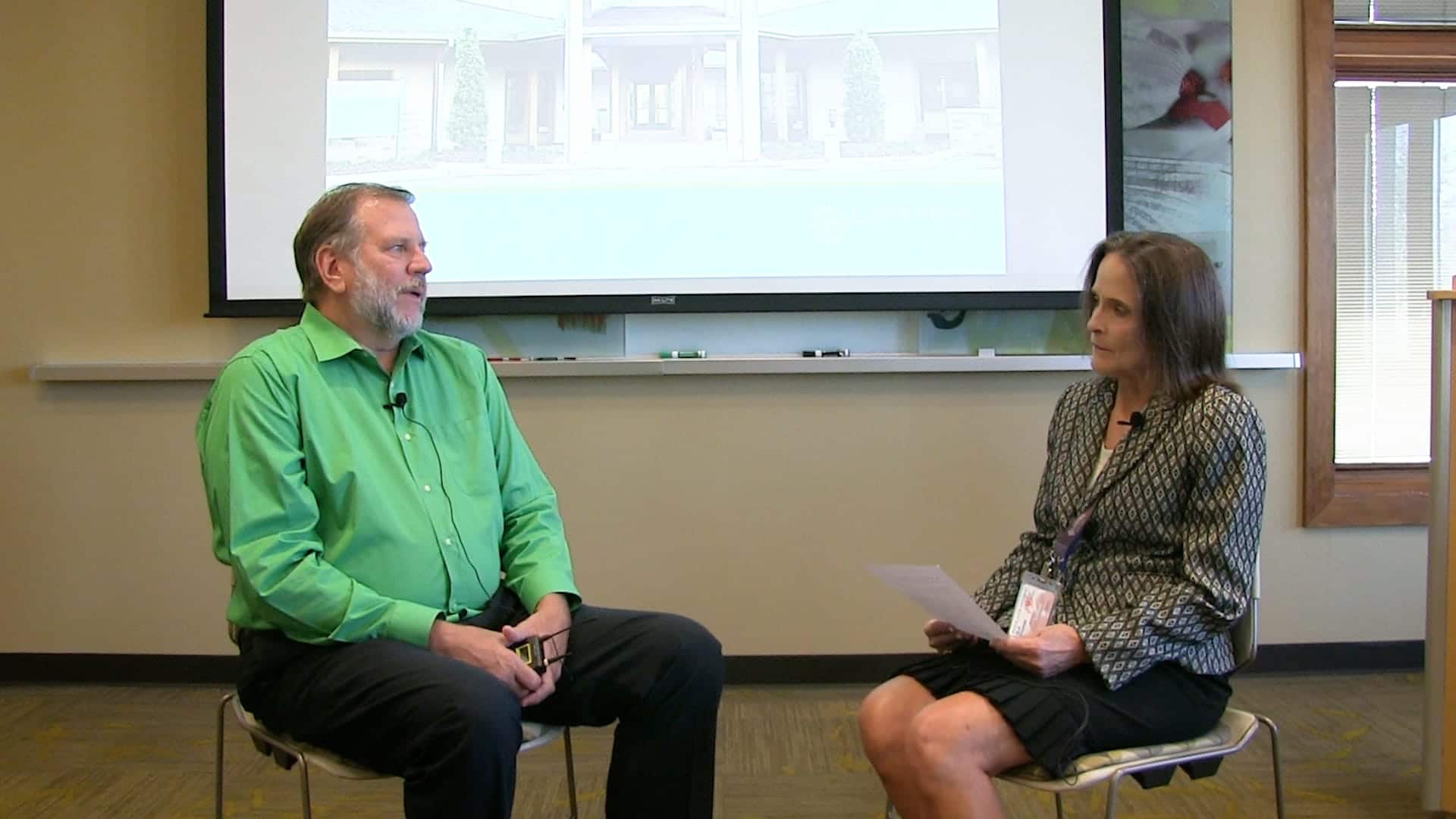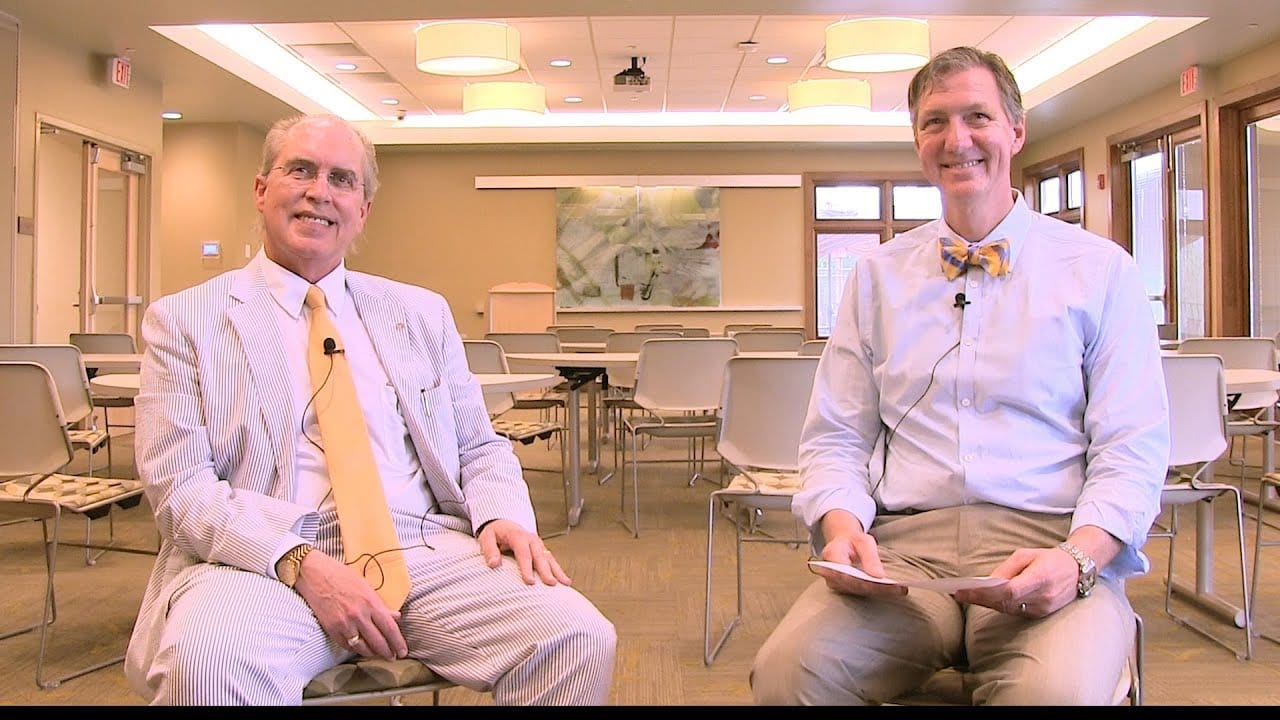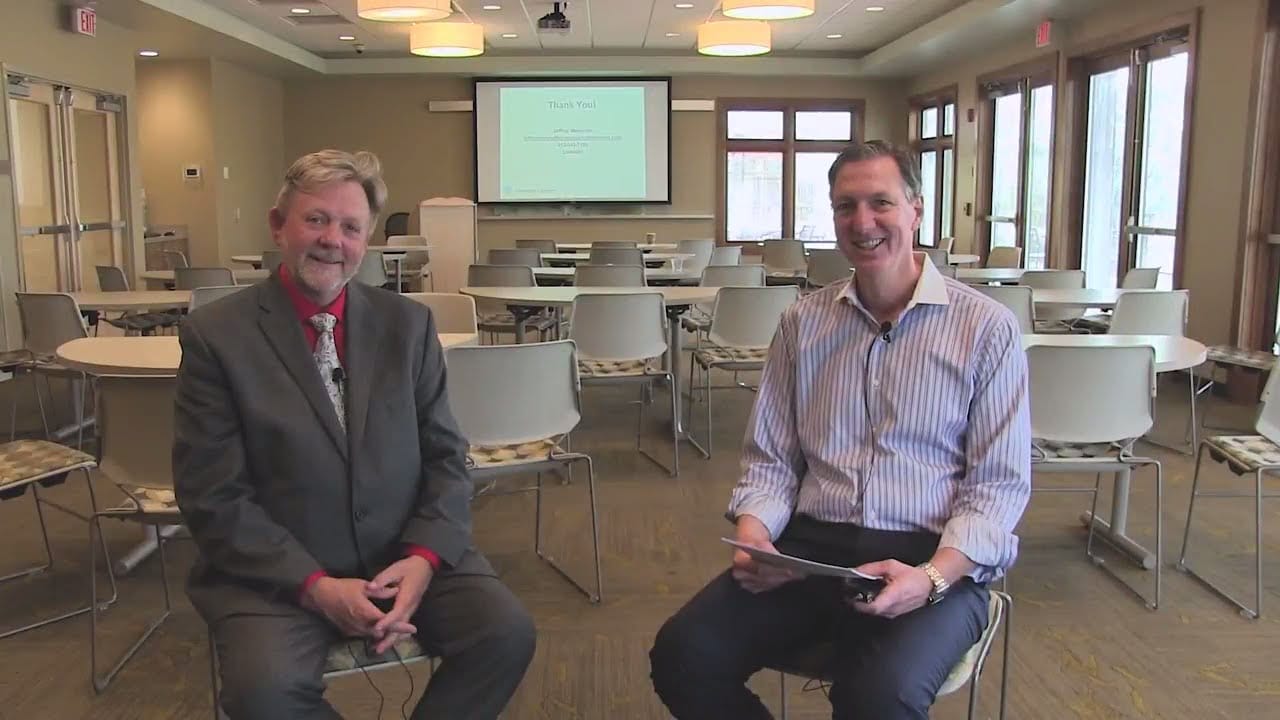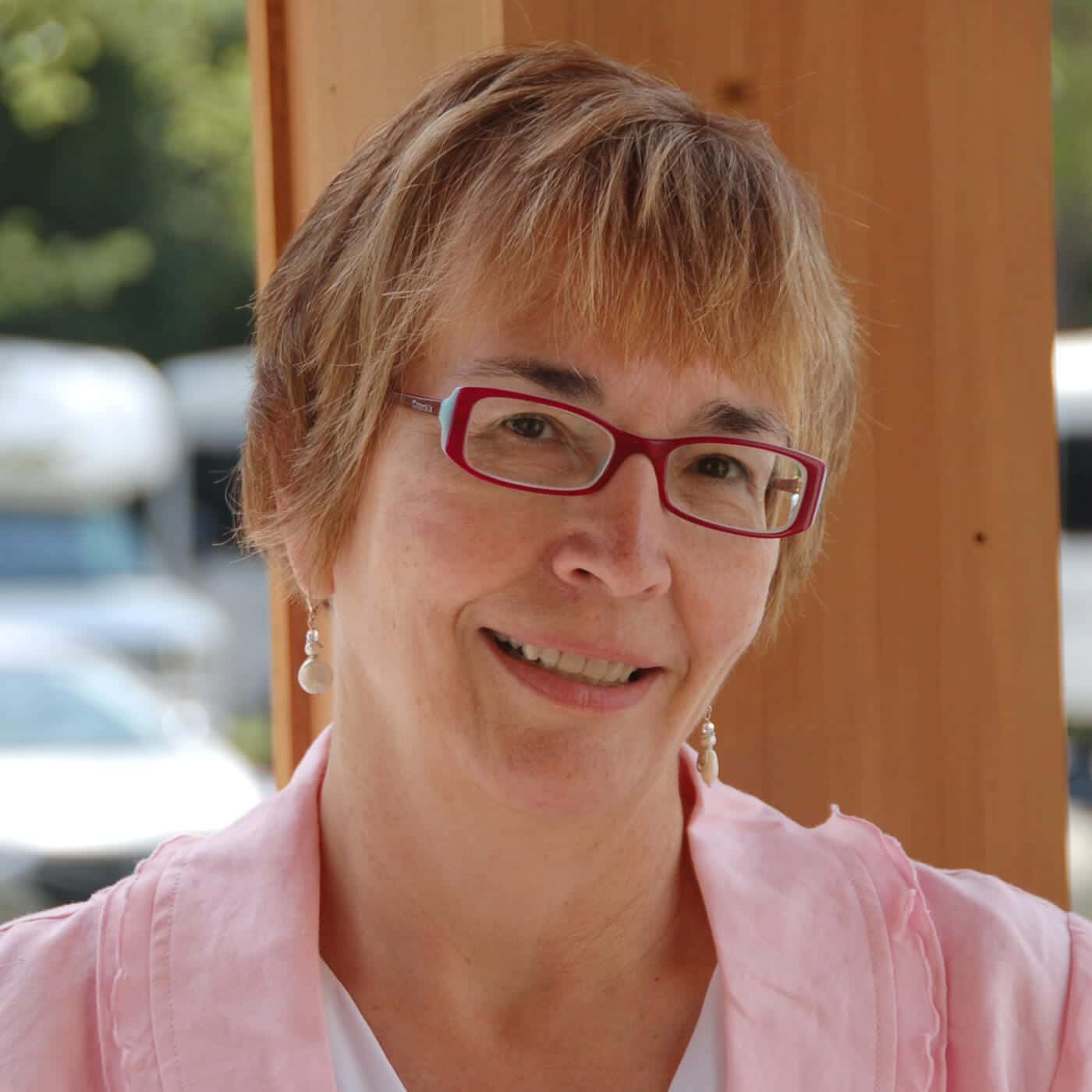

By: Lakeview Health
In this podcast, Mary Woods, CEO of WestBridge, talks about dual diagnosis and the therapy needed to treat both mental illnesses and substance abuse as primary diseases and not just one of them a by-product of the other.
Podcast Transcript
Gina Thorne: Hello everyone, this is Gina Thorne with the Lakeview podcast series. And I’m joined today with Mary Woods, CEO of WestBridge. WestBridge has three campuses, in Florida, Massachusetts and New Hampshire. Mary had the pleasure of speaking with us today at Lakeview’s Professional Lecture Series on addiction and dual diagnosis. We’re really excited about having you here today. Thank you for joining us. Mary Woods: Thank you, Gina, for the opportunity, and to see your lovely facility. It was a great audience and I really enjoyed it. Gina: Thank you. Well, we’re really interested in hearing more about you. How did you get into the field of mental health and addiction? Mary: By accident. I was looking for a job as a registered nurse and a job came up at a detox in Boston and I took that and it’s kind of what launched my career in the addiction profession and then I got into mental health, once again by accident, so it was just kind of a God thing. Gina: And that’s awesome to hear because we know there’s such a need to infuse the mental health and the addiction component together, since so much of it has been separate for so long. WestBridge has an integrated dual diagnosis approach. Can you describe how your program works? Mary: Well, basically we use the evidence-based practices that were developed at the Dartmouth Psychiatric Research Center and the whole concept is that addiction and mental health are both primary diseases, chronic diseases of the brain. And they occur simultaneously at the same time. So it’s not like one’s primary and one’s secondary. So you address the illness and the symptoms and the recovery in an integrated fashion. So when you talk about relapse, you’re talking about relapse from mental illness and relapse from addiction. When you’re doing an assessment, you’re assessing both at the same time. Much like if somebody had diabetes and kidney disease, you’re assessing both of those illnesses at the same time. So that’s really what integrated treatment is about. Gina: And so you all, I would say, work fairly closely with a very strong young adult population. And I know that the program in New Hampshire, or maybe it’s both, maybe it’s New Hampshire and Massachusetts, has a strong–it’s gender-specific. So can you talk to us a little bit about what you do differently with the young adult population, in regards to certain treatment modalities? Mary: Well, I think that’s a great question, Gina, because I’ll tell you what we do and I don’t know how that’s different from other people because I’m not as well-versed in that. You know, most of our young men come to us and it’s been their third or fourth treatment episode. So that we’re looking at doing an assessment of their mental illness and their addiction and kind of re-looking at that in their journey in where they got to us. But we really focus on the integrated care. There’s family behavioral, family therapy that everybody is involved with, which is a cognitive-based approach, which happens over the course of months and it’s skill-building for both the individual and the family, and with that, every family member has kind of their own goal so it’s just not focusing on the identified patient. But everybody in the family has to focus on themselves. So I think that’s different. I think the other thing that we do is that we do a lot of community integration, whether somebody’s in residential or outpatient. That it’s about how you get your life back. How do you learn to do the things that maybe you lost through your addiction or your mental health? If you were really good at art and you’ve kind of lost that ability or you haven’t done that in a while, we try to reconnect people with things that will help them spiritually as well as just to cope. It’s really to focus on what people are doing well and right and to help them move beyond their illness and their addiction. Gina: Well, I like you talking about in your lecture today is that people need to learn or retrain themselves to think of themselves as much broader than their disease or their illness, and that they’re more multidimensional. And I love that about what you all do at WestBridge. I think that’s really cool. If someone wanted to reach out for services at WestBridge, how would they get in touch with you? Mary: Well, we have a website, which is www.westbridge.org or they can call us toll free at 877-461-7711. Gina: Well, again, we’re really grateful that you had a chance to partner this month with us on the lecture series. For those of you interested in learning more about Lakeview, we invite you to visit us at lakeviewhealth.multiplica.dev. If you know someone that’s struggling with addiction and they need help right away, please feel free to visit us or call us at [Direct]. Thank you. Mary: Thank you.
